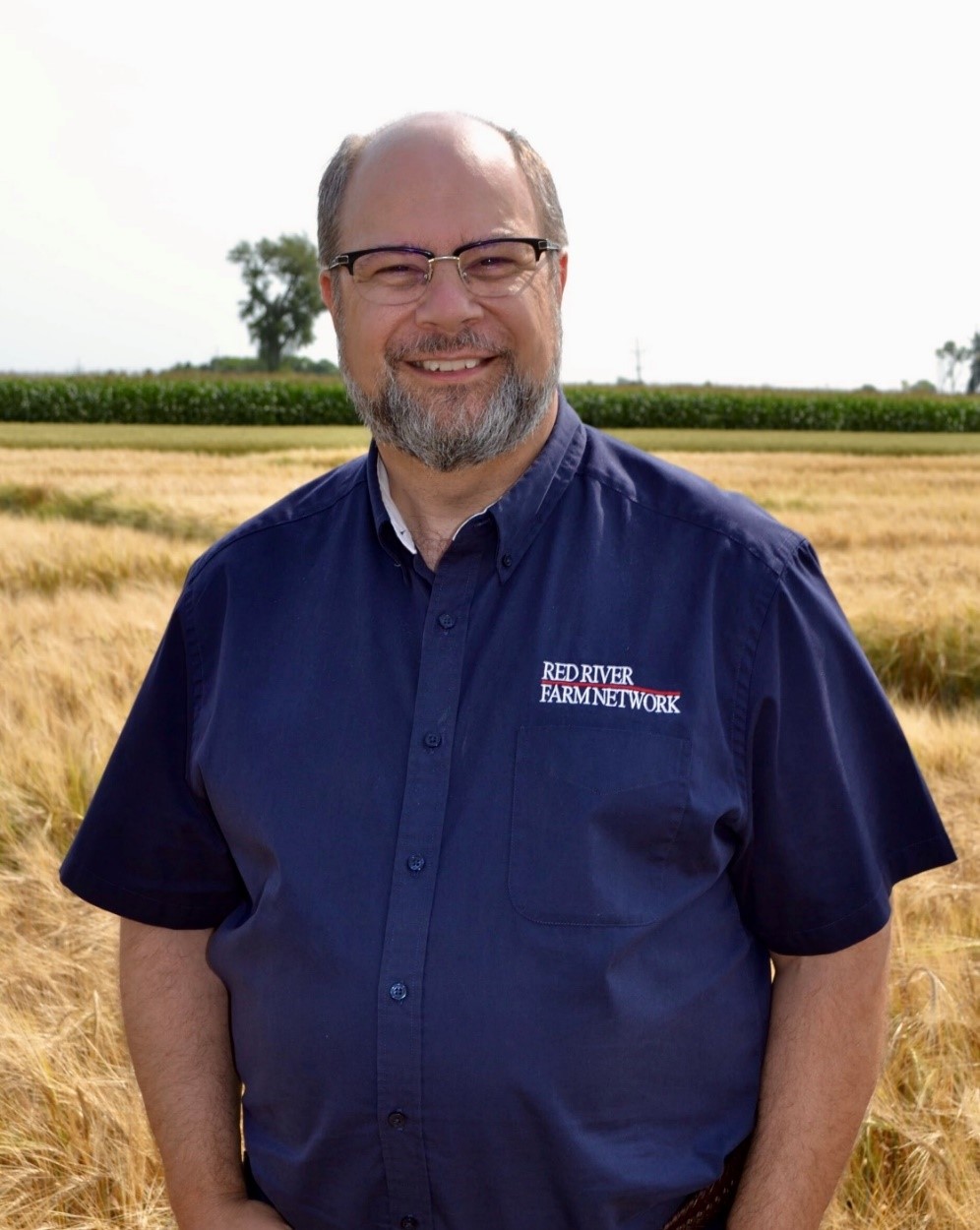 Uncertainty is currently the name of the game.
Uncertainty is currently the name of the game.
“This COVID-19 era is an uncertain time for all of us, but the product we deliver to our farmers and ranchers has not changed,” said Don Wick (Red River Farm Network, Grand Forks, North Dakota). “As farm broadcasters, we provide market analysis, economic news, and policy information every day. Coronavirus is dominating everything we are doing right now, inside and outside of agriculture. If anything, the demand for timely information has never been more important,” Wick said.
“The Red River Farm Network (RRFN) team meets every morning at 8 . There seems to be countless angles to the COVID-19 story and its impact on agriculture and the general economy. Our morning meeting keeps everyone updated, and we’re able to brainstorm story ideas. During a typical planting season, RRFN is in the field visiting with farmers and ag retailers. Due to social distancing, that is impossible this year. We’re on the phone interviewing those growers and NAFB Allied Industry listeners. In addition, RRFN is utilizing Zoom for a regular agronomy update which is posted on Facebook and Twitter. Rather than face-to-face meetings, we’re covering numerous webinars from university and private sector experts.
“COVID-19 and its dramatic impact on markets has stressed an already stressed population. Our news coverage has included stories about mental-health issues and tying that information back to the uncertainties surrounding coronavirus. For more than a year, RRFN also has hosted a radio and podcast series called TransFARMation. This program is designed to bring awareness to the issues of farm stress and mental well-being. We have interviewed counselors, clergy, and mental-health experts. Farmers also have shared their very personal stories. TransFARMation has featured suicide survivors, farmers dealing with depression, and ranchers who have survived horrific farm accidents,” he added.
“There has always been a disconnect between the consumer and the farmer. The food supply chain generally goes from the farm to the processor to the supermarket without any interruption. COVID-19 has resulted in some hiccups in the supply chain, but it also may be that opportunity to show the importance of every link in the food supply chain,” Wick said.
